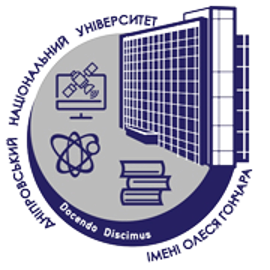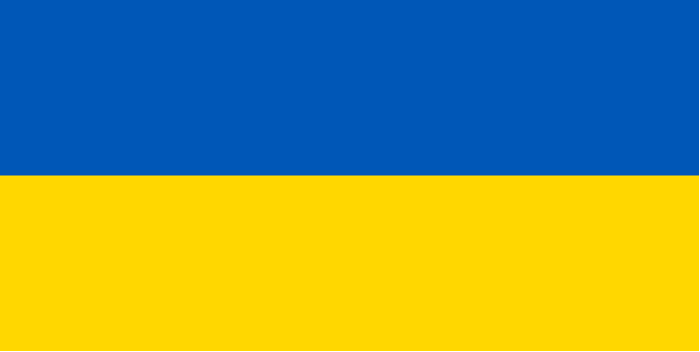Штучний інтелект і природа людини
DOI:
https://doi.org/10.15421/272301Анотація
У статті подано основні трансформаційні процеси наукового розуміння ролі і взаємодії «штучного» та «природного» інтелектів. Метою роботи є аналіз та узагальнення пріоритетності вирішення «інтелектуальних» завдань «природним інтелектом» та ролі «штучного інтелекту». Звертається увага на специфіку функціонування штучного інтелекту, яке суттєво обмежується принциповою неповнотою семантичної інформації та відсутністю інформації аксіологічної. Стаття ґрунтується на даних наукових розробок у галузі природничих та історичних наук. Природний інтелект представлений як явище суспільне, що виникло із взаємодії індивідуальних церебральних структур, оптимальні характеристики яких сформувалися в результаті попередньої еволюції, а тому дозволя- ють зрозуміти та прийняти будь-які домінантні рішення. Узагальнений у статті матеріал дозволив сформулювати деякі висновки. Зокрема, що штучна небіологічна структура не може бути «розумнішою» за людину – незалежно від того, з якою швидкістю та за якими програмами вона переробляє інформацію, оскільки не має власних цілей. Але штучний інтелект є для суспільства потужним інструментом у його взаємодії з навко- лишнім світом. Інструментом – але в жодному разі не агентом, що визначає його цілі та завдання. Штучний інтелект як допоміжний засіб створюється і буде створюватися надалі людьми задля досягнення тієї ж мети, якій служить і інтелект «природний» – повнішому задоволенню потреб суспільства взагалі і індивіда зокрема.





